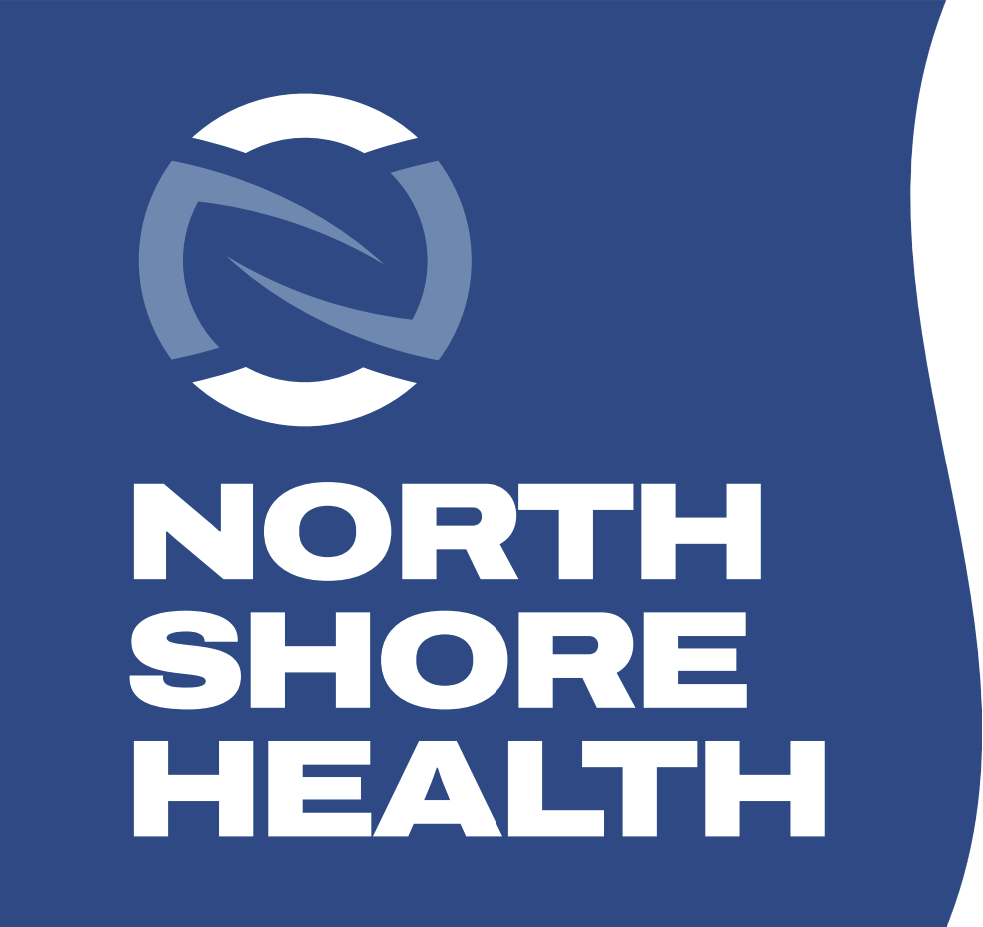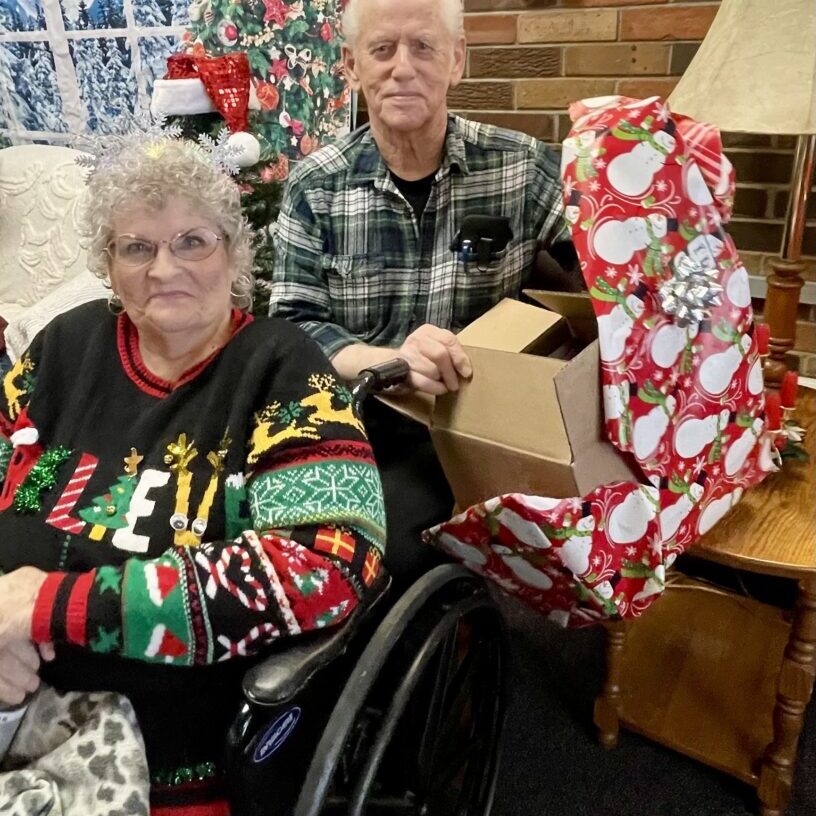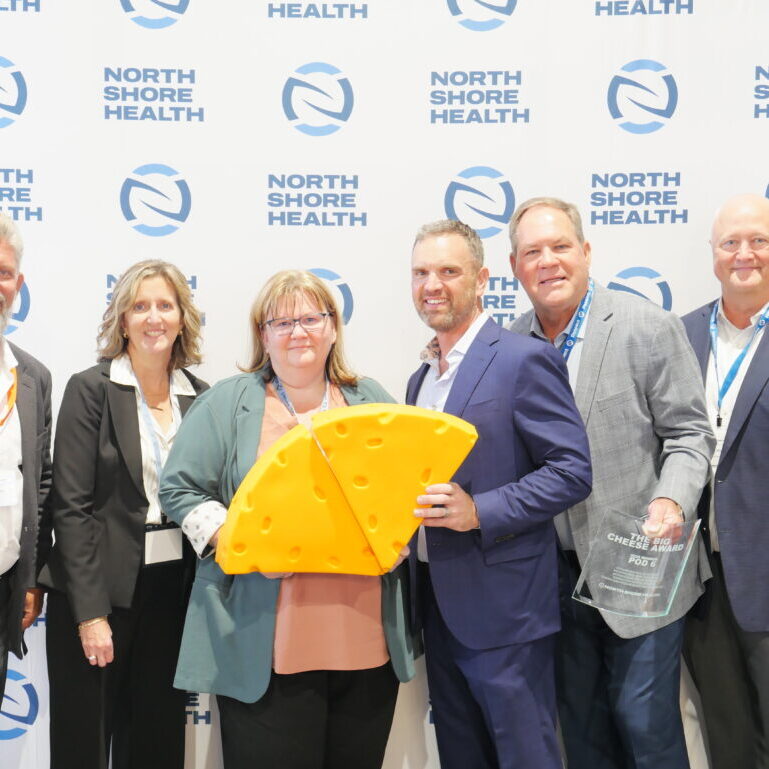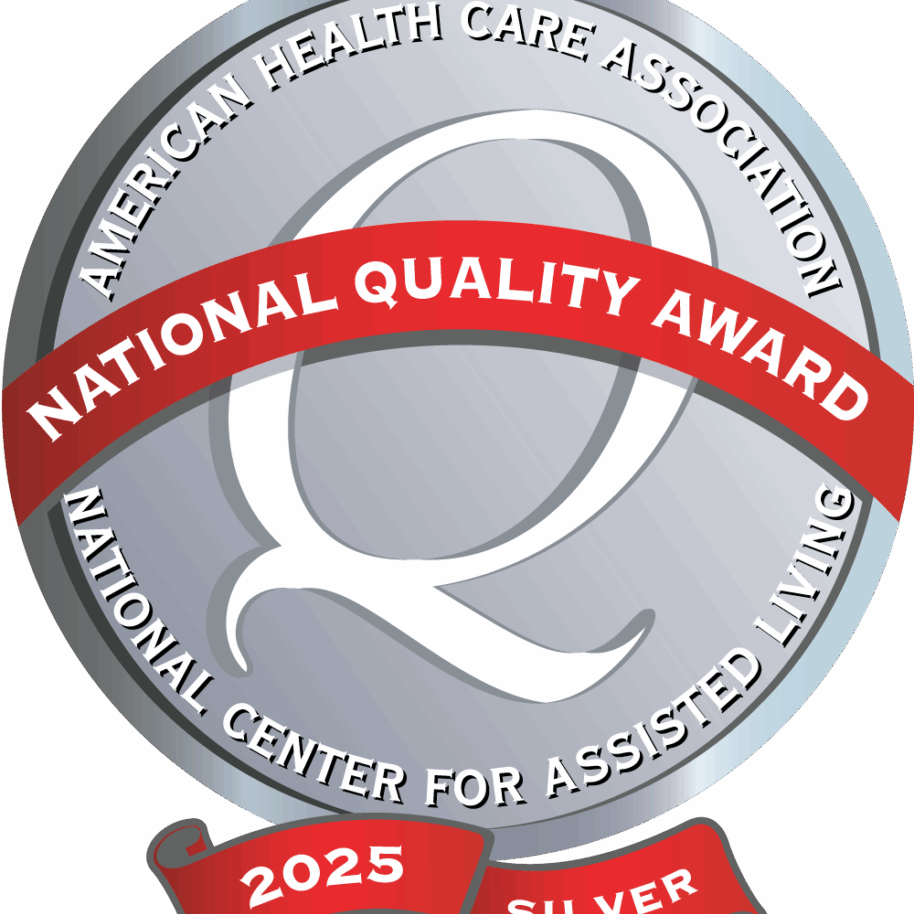55 North Shore Leaders Advocate for LTC During Legislative Days
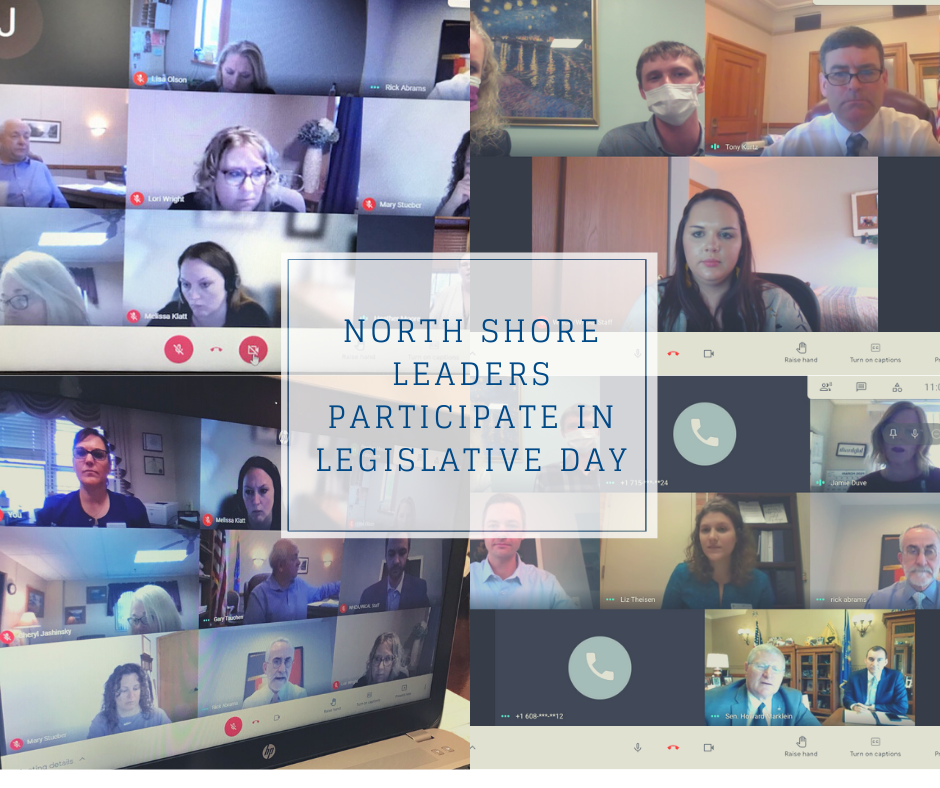
Wisconsin Healthcare Association/Wisconsin Center for Assisted Living (WHCA/WiCAL) recently hosted their annual Legislative Day to support advocacy for long-term care providers across Wisconsin. This year, the event was held virtually over the course of three days, where members of the long-term care provider community held one-on-one meetings with their State Legislators.
North Shore Healthcare was proud to have 55 of its leaders participate in Legislative Day, including Executive Directors, Directors of Nursing, and Divisional support team members. The message to their representatives was in support of the Governor’s 2021-23 Biennial State Budget proposal, which includes a significant increase in Medicaid reimbursement rates – 11.5% in the fiscal year 2022 and an additional 11.7% increase in the fiscal year 2023. This increase in rates will help providers across the state sustain their operations and keep their doors open to the elderly and residents with disabilities who need services the most. It will also contribute to finding solutions to the ongoing staffing shortage crisis, which has been at a crisis point long before COVID. In a 2020 report, 1 in 4 direct caregiver positions in Wisconsin’s nursing homes and assisted living facilities were currently vacant.
“There’s no question that every individual in our state will be touched in one way or another by nursing homes and the services that we provide,” says David Mills, chief executive officer for North Shore. “There have been 40 facility closures across the state in the last four years, and there will continue to be more without the direct support of those in position to affect change to this ongoing crisis.”
“I’m incredibly proud of the advocacy and efforts our North Shore leaders have shown over the course of these few days,” says Mills. “We continue to stand willing and able to be part of the solution, but we can’t do it alone. When the time is right to do so, North Shore looks forward to welcoming legislators safely into our centers so they can see first-hand how their decisions affect their constituents and the communities they serve.”
